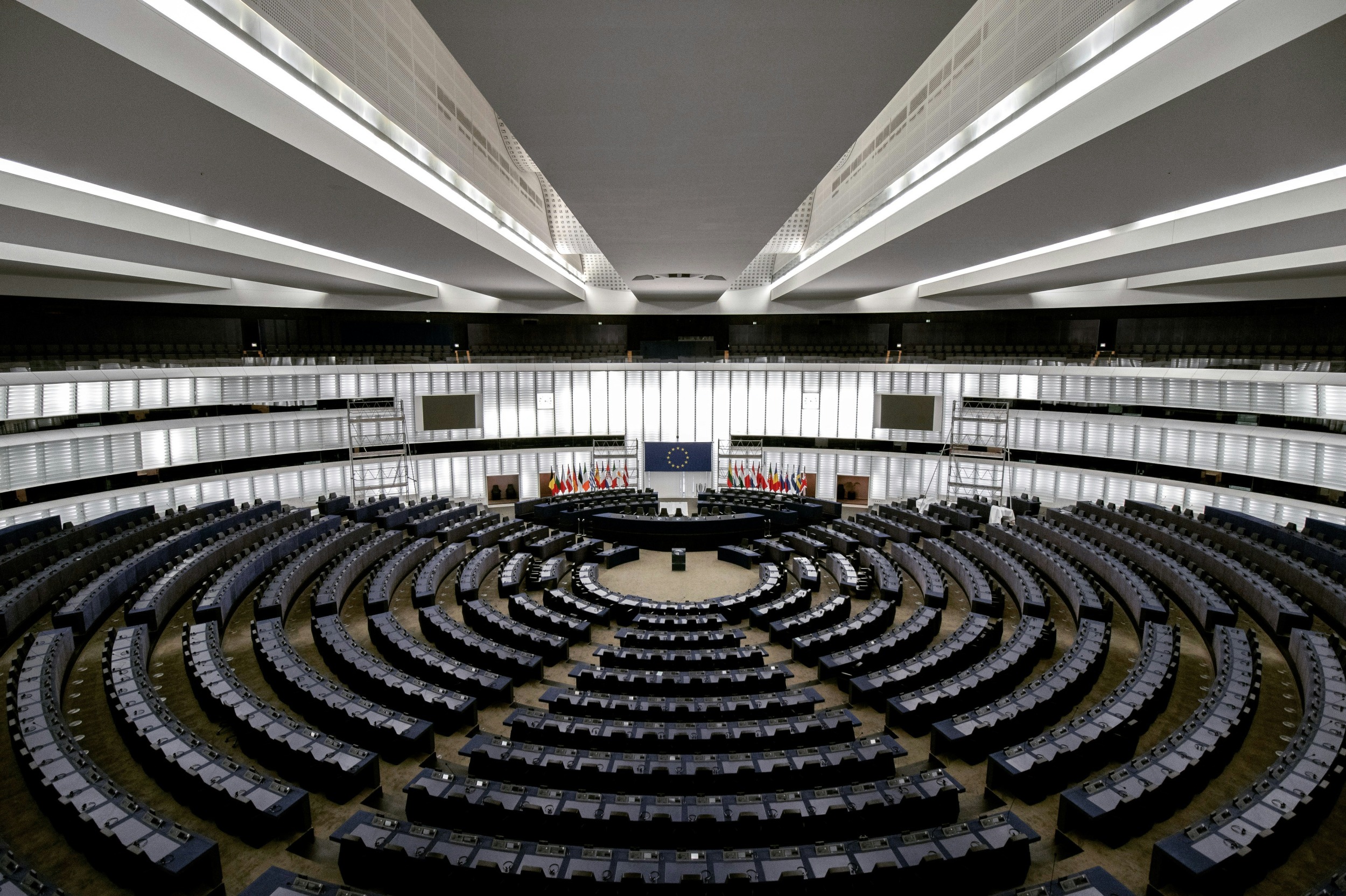In an effort to lead the global regulation of Artificial Intelligence (AI), the European Parliament has passed a groundbreaking law that promises to transform cybersecurity and technological innovation.
Yesterday, the European Parliament made history by passing the world's first Artificial Intelligence Act, a landmark piece of legislation that establishes a before and after in the global regulation of this emerging technology. The new law focuses on addressing the risks inherent in the use of AI, with the aim of protecting human rights and preventing discrimination.
Cybersecurity firm Check Point has highlighted the importance of this legislation, noting that it establishes a robust framework for the safe development of AI. The law imposes strict guidelines for the deployment of AI systems, emphasising the need to integrate cyber security from the early stages of development.
Highlights of the law include:
- Corporate Accountability: Companies will be held responsible for security breaches related to AI systems, which implies the adoption of more effective incident response protocols.
- Abuse Prevention: It seeks to prevent the malicious use of AI, including the creation of deepfakes and the automation of cyberattacks.
- Bias Mitigation: The legislation emphasises the elimination of bias and discrimination in AI systems, indirectly strengthening cybersecurity.
- Operational Transparency: Transparency in AI operations, especially in high-risk systems, is promoted to facilitate the identification of vulnerabilities and mitigation of threats.
- Compliance Audits: Certification audits are established for high-risk AI systems, ensuring their compliance with EU security standards.
Peter Sandkuijl of Check Point Software comments: "The EU AI Law sets clear boundaries for deployment, providing guidelines and limits that developers and vendors must follow. This makes it possible to prosecute those who attempt to violate the law".
This legislation not only protects EU citizens, but also encourages investment and collaboration in the field of AI and cybersecurity, supporting the development of new technologies and strategies to address emerging threats.


